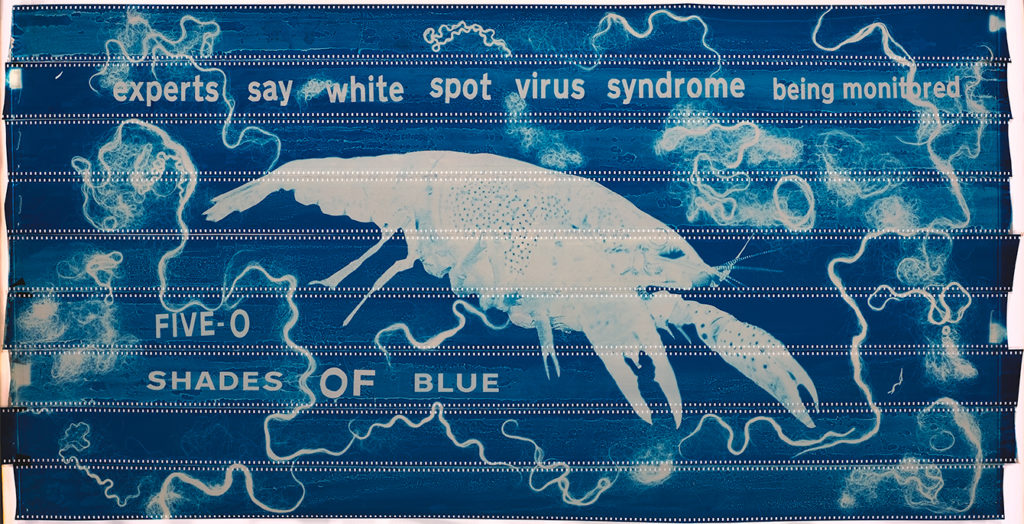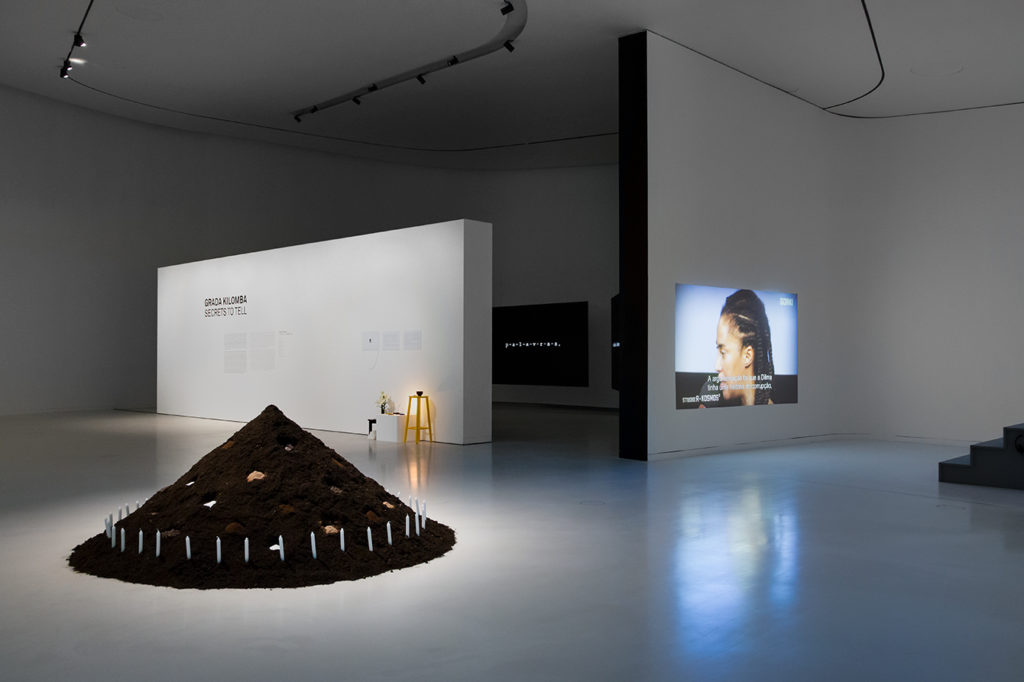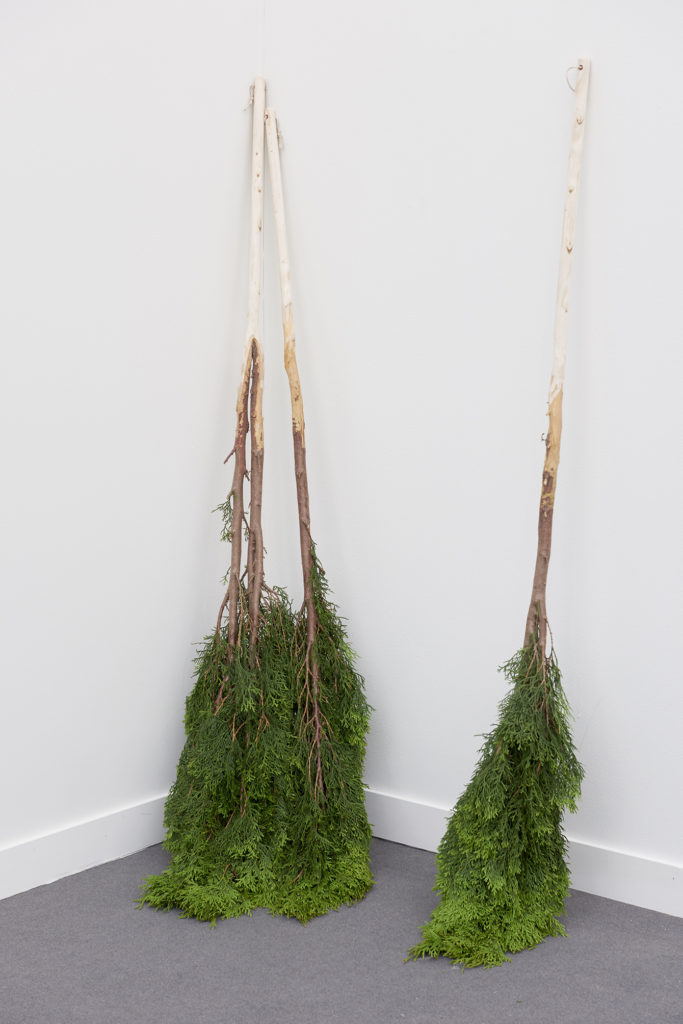Over the last year, long-time frustrations surrounding inequality have finally begun to be addressed in a meaningful way, and The Power Plant Contemporary Art Gallery is taking part in the conversation. This summer, the Toronto cultural institution will present three new exhibitions, each contributing its own voice on themes ranging from gender to race and colonialism. “I think this is the role of art and an art institution,” says Carolin Köchling, curator of exhibitions at The Power Plant. “It’s a space where you can discuss these things in a very good environment.”
While each exhibition stands on its own as an independent project, visitors will discover commonalities between the three. “We always consider which artists’ work to present at the same time, in order to leave the potential for the works presented throughout the three exhibitions to develop connections between one another, through their own means, so to speak,” says Köchling. “We believe that there are many themes addressed in the respective exhibitions that would trigger a fruitful dialogue between them.”

Opening that dialogue is Rhode Island-born artist Ellen Gallagher, whose exhibition “Nu-Nile” will be located in the Royal LePage Gallery and the North Gallery on the second floor. “Nu-Nile” incorporates Gallagher’s practice of synthesizing a variety of pictorial traditions to explore narratives of race and representation. In her pieces, Gallagher counters traditional representations of black people in art, reasserting them into the canon of Western painting.
In keeping with her ongoing exploration of watery motifs, Gallagher’s 2010 film installation Osedax, created with Edgar Cleijne, will be presented outdoors in a wooden box next to Lake Ontario. “Her work is so much about the underwater realm, so it’s nice that we are so close to the water,” says Köchling. “Osedax” is the name of a recently discovered worm that lives off of whale bones, and the film is based on whale fall, the scientific term for dead whales that have fallen to the ocean floor and are consumed by scavengers. “Whales are these creatures that, when they fall to the seabed, they create a totally new ecosystem, and Ellen Gallagher is very interested in this,” says Köchling.

Joining Gallagher from her home base of Berlin is Portuguese artist Grada Kilomba, an artist whom Köchling and Power Plant director Gaëtane Verna both first encountered around the same time. Located in the McLean and Canadian Tire Galleries, Kilomba’s exhibition “Secrets to Tell” marks her first time showing in North America.
With a PhD in philosophy from Freie Universität Berlin, Kilomba has expanded the scope of her creative output, while still incorporating the written word. “She’s transformed what she is doing in her literature work into visual art, which is very much text-based transformed into space. It’s extremely powerful,” says Köchling.

Finally, Canadian artist Abbas Akhavan will install a site-specific work in the Clerestory, which lies in the centre of the galleries on the first floor and functions as an axis between the main entrance and the waterfront entrance. Incorporating a fountain, the installation aims to provide a circular point that reflects on the role of an art institution. “If you think about urban centres in Europe or the Middle East, they are very much defined by something like a fountain, as opposed to this modernist grid of a North American city,” says Köchling. Akhavan’s installation is meant to function as a gathering point for visitors, providing a critical opportunity for some face-to-face discussions. Sometimes, taking the conversation offline is the best course of action.
The Power Plant’s summer exhibition season is on view from June 23 until September 3, 2018, with the Abbas Akhavan exhibition running until December 30, 2018.
